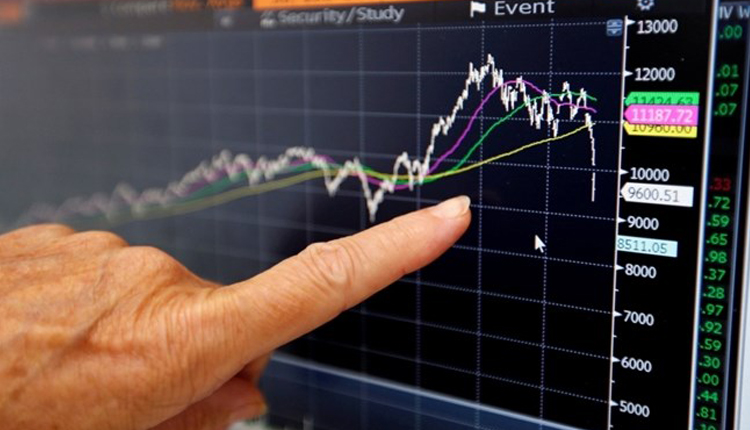European stock markets reported on Thursday their worst one-day fall in history on Thursday driven by investors’ response to U.S. President Donald Trump’s travel ban to the U.S. from some countries in Europe affected by coronavirus. The plunge was also driven by investors’ disappointment from the European Central Bank’s decision not to cut interest rates.
The pan-European Stoxx 600 had plunged 11 percent by the close, with travel and leisure stocks falling 12.8 percent following Trump’s announcement of a ban on European travel, CNBC reported.
The U.K.’s FTSE 100 dropped 9.8 percent, France’s CAC 40 sank 12.3 percent and Germany’s DAX shed 12.2 percent. Italian stocks ended trading nearly 17 percent lower, which was also the worst single-day loss for the FTSE MIB, according to CNBC.
Trump said Wednesday that the U.S. will halt all travel from Europe to the U.S. for 30 days to control the spread of coronavirus. The new ban will go into effect on Friday midnight, affecting 26 European countries that are part of the visa-free Schengen area.
The European Central Bank (ECB) decided on Thursday not to cut interest rates, despite market expectations for a reduction amid the ongoing coronavirus outbreak. This disappointed markets and deepened the session’s already significant losses. Analysts had expected a 10 basis point cut.
The central bank announced measures to support bank lending, and expanded its quantitative easing (QE) programme by €120 billion ($135.28 billion).
